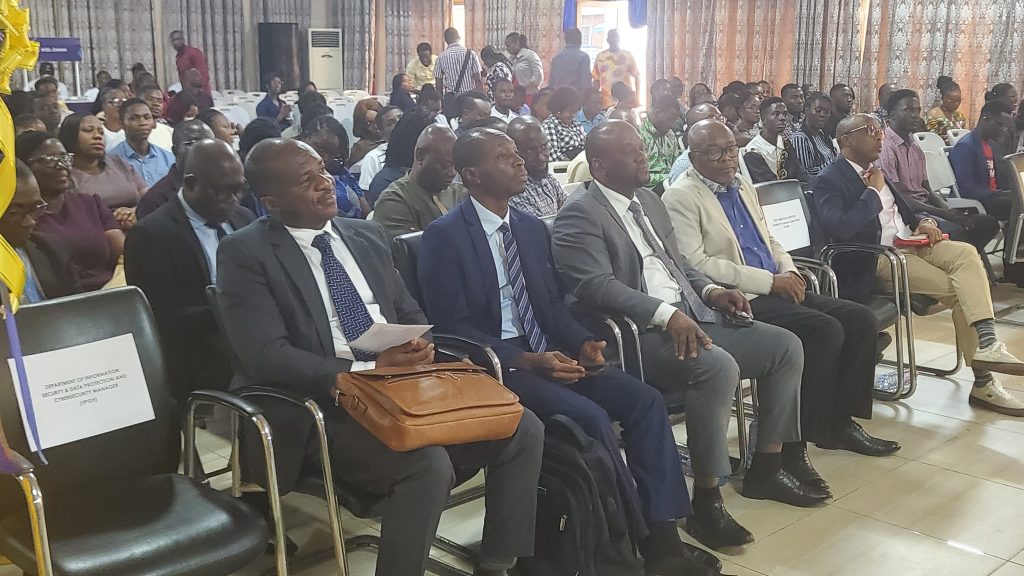Accra, Oct. 18, GNA- The Cyber Security Authority (CSA) has called for the training of more skilled and ethical professionals in the sector to address cyber breaches.
The Authority expressed concerns about the increasing incidence of cyber crime and called for concerted efforts to plug the talent gap in the cyber security industry.
Mr Stephen Cudjoe-Seshie Lead, National Computer Emergency Response Team, CSA, said this in Accra at the second edition of the Cyber Security Awareness Symposium organised by the Accra Technical University (ATU) in collaboration with the Cyber Security Authority.
The symposium was on the theme: ” Empowering the Need Generation of Cyber Defenders: Building a Resilient Digital Future.”
He said from January to September, the Authority had witnessed a number of reported cases of online fraud, shopping scams, job scams, investment scams, online blackmail, and cyberbullying.
The World Economic Forum report in April identified that four million professionals are needed to address the gap in the cyber security industry.
The report also pointed out that the shortage could hit around 85 million professionals by 2030, affecting a revenue loss of $8.5 trillion.
In Ghana, the Norton Cyber Safety Insights report in 2023 showed that about 36 per cent of Ghanaians suffered a data breach and were exposed to risks associated with their digital data being exposed in public.
He said last year, all the reports the Authority received on cyber crimes amounted to GHC 49 million in losses, approximately $4 million.
The Authority as part of its mandate, had licensed and accredited institutions operating in the cyber security space to sanitise the ecosystem.

“We are putting in place regulations to make sure that when we have foreign entities coming to the country to offer services, they also transfer knowledge to our people,” he said.
Mr Cudjoe-Seshie said the Authority would engage with the Ghana Tertiary Education Commission to incorporate cyber security into the various curricula.
He advised the students to continue to upgrade their skills in cyber security, adding that “continuous learning is an attitude that we need if you want to be an actual cyber defender.”
“The attitude that you also need to have is around resilience and integrity to succeed. Resilience means global challenges. Resilience as a professional is something we need to cultivate,” he said.
He said the country’s next generation of cyberdefenders required a joint effort by all to build a secure and resilient digital Ghana.
Prof Amevi Acakpovi, the acting Vice Chancellor, ATU, underscored the importance of rapid advancement in technology to transform lives.
He called for stakeholder discussion to address challenges in the cyber security space like weak infrastructure and capacity building for seamless use of the digital technologies.
Mr George Babafemi, Fintech Consultant and Board Member, eTranzact Ghana Limited, called on institutions and organisations to include all value chains in the training of cyber security issues.
Dr Edward Ansong, Senior Lecturer, Department of Computer Science, University of Ghana, called on educational institutions to incorporate cyber security into their curricula to develop comprehensive knowledge and help defend against any attacks in the digital arena.
Dr Sylvester Hatsu, Director of Business, Research, and Partnerships, ATU, called on universities to appoint a Professor of Practice to teach students practical knowledge about cyber security.
GNA